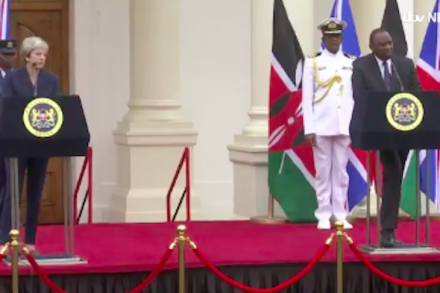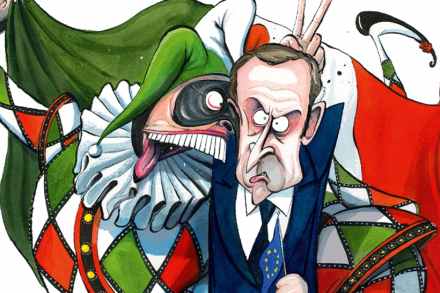Watch: Kenyan President forgets the name of Boris Johnson – ‘the bicycle guy’
It can be hard adjusting to life after high office. One minute you’re one of the most powerful people in the country, the next, people are struggling to even remember your name. It’s not something that usually affects Boris Johnson, who is accustomed to spending time in the limelight even after he’s left high-profile positions. But it appears his stardom outside the UK might already be waning. Despite Boris visiting the country only last year, Kenyan President Uhuru Kenyatta is already struggling to remember who he is. In a press conference alongside Theresa May this afternoon he recalled the visit, saying: ‘Last year, if you recall, the Foreign Secretary then,





















